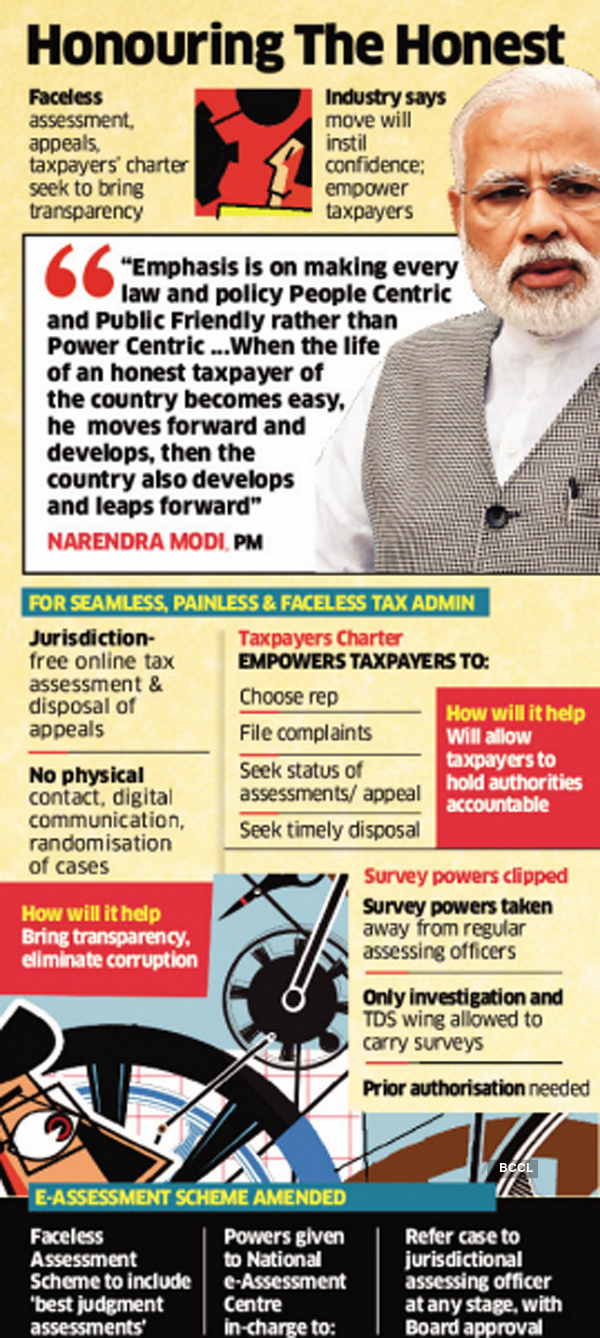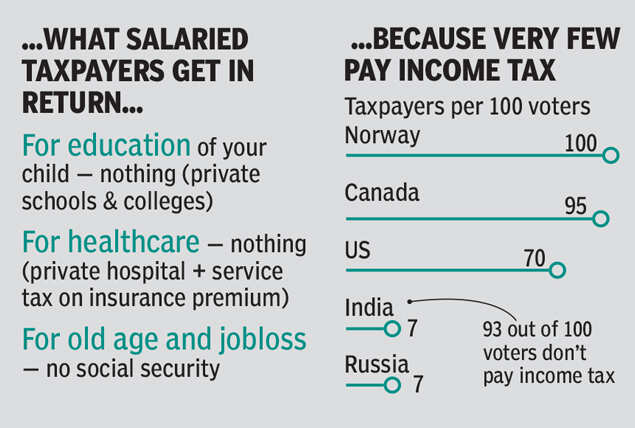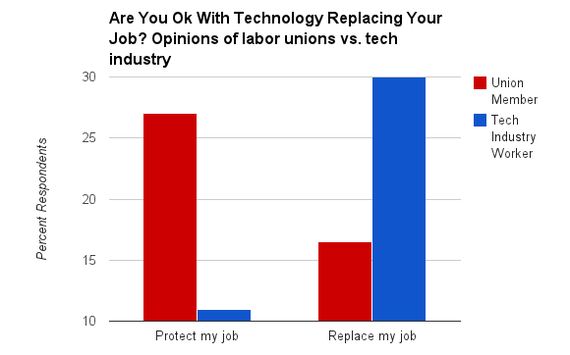This is a story written by Bhau, Motu and Koka of Class X (2017).

I open my eyes as the room gets progressively brighter. Slowly, the soft tune of Beethoven fills up the room. The lights switch on as I enter the bathroom. As I brush, notifications from Facebook and Twitter pop up on my mirror. I dismiss them, only to be confronted by news.
As I browse through the news, I see that almost half of Australia is underwater. An advertisement of the latest government-sponsored virtual reality game pops up on my mirror. The government of all nations of the world is now controlled by three large technological corporations. Gone are the days of democracy and politicians.
My refrigerator beeps and reminds me to update its software by the end of this week. It also tells me that after the latest update I would no longer have the option to manually refill the contents in the fridge. It will automatically monitor the quantities and my preferences, and order supplies directly from the online vendor.
I have been putting off this update for a long time, but now it seems it cannot be postponed any more. One of my last bastions of free will – the fridge which I could still fill up according to my wish – will go.
“According to your health app recommendation, you are prescribed a breakfast of 150 gram of oatmeal, milk and one egg-white,” informs Dos, my robot assistant, putting me out of my reverie.
“I want to have coffee”, I reply.
“You have already violated health app recommendations twice this month. You are not allowed a third violation. That will cut off your refrigerator supplies for two days.”
“Ok, whatever you suggest, then.” I reluctantly agree.
The large screen on my wall lights up and prompts me to play the latest civilisation game. I ignore it. I hear government regulations will soon make it impossible to ignore the instructions of the screen. But let’s enjoy the last bit of freedom till it lasts.
***
As I go near the door, it unlocks automatically. I can see an Autocar waiting outside. The days of taxis with drivers are long past. The Autocar does not have any driver. It is also connected a central network, which knows my location and the locations of millions of other people and vehicles. It effortlessly drives me to work, and I notice that that the temperature is set to 26º, exactly as I want it.
I stand in front of my office door and it opens instantly after scanning my iris. The door opens and I walk to my cubicle. The office seems empty now; a lot of my juniors have been replaced by Mycroft, an intelligent data analyst developed by our company. During breaks, the office seems eerily quiet, in contrast to the lively conversations that previously dominated the office at those hours. I wonder how long I will last in this office given the rate at which Mycroft’s abilities are increasing.
Even before I get started with my work a voice in my cubicle summons me to my boss’ office. Fearing the worst, I walk into the office feeling scared. The solemn expression on my boss’ face reaffirms my fears.
“Shounak, take a seat.”
I comply, not able to come up with an alternative suggestion.
“You must have noticed that many of your colleagues and juniors have been let go, their jobs taken over by Mycroft.”
It is a fact that I cannot deny, so I nod.
“I am sorry, but we have to let you go. The new version of Mycroft can do your job, faster and better than you.”
I nod again. Another irrefutable fact. Even though I knew this day was coming, it was difficult to cope with it. A part of me refused to believe that this was happening.
“There is nothing to worry about. The government’s unemployment benefit schemes will take complete care of you. You will not have to worry about anything. In fact, many of your colleagues like their new life, their needs are taken care of and they have a lot of free time as well. You will like it.”
“Yeah, I might”, I say, not feeling as confident as I sounded.
In fact, the more I thought about it, the worse it felt. Until now, I had some misguided sense of pride for not being one of the millions, a jobless commoner who simply plays games and looks at the government-sponsored screens all day. I felt that I was making some real contribution to the world but alas, that pride was not to last. I was finally rendered useless by ones and zeros.
Dejected, I return to my cubicle. How am I going to spend everyday doing nothing? At some point, I longed for weekends and holidays, to have some leisure time. Now holidays and weekends don’t seem so attractive anymore. There’s a lot on my mind right now, and all I need is a drink.
***
The Claude’s was close by so I decided to walk. I was going to the bar for a drink but what I truly needed was a companion. Work and my virtual assistant, Dos, had somehow compensated for the lack of interaction with other human beings. But today I needed someone, another human being, to listen to me.
I walk into the bar and sit down for a drink. The long desk in front of me is a screen. As I sit down a part of the desk lights up offering me a choice of drinks. I choose a vodka martini and the dispenser below the screen opens up, drinks get mixed in a glass that appears, and it is put in front of me, on my table.
The bar is mostly empty except for a few people who are staring away at their screens. I pick up my martini and walk towards a woman of my age who looks a bit bored.
“Are you busy?”
“No.”
“Can I sit here?”
“Yeah, feel free.”
“I am Shounak. What’s your name?”
“Oh! Hi, I am Eva.”
“So Eva, are you here all by yourself?”
“Huh…? You were saying something?”
“Are you here all by yourself?”
“Yeah, you could say so.”
“So, what do you do?”
“Me? Nothing really. I just stay at home and play games all day long.”
My curiosity is piqued. How does it feel to waste every day playing mindless games?
“How do you feel just playing games all day? Don’t you get bored?”
“Huh…? What? You were saying something?”
“Forget it. Having a conversation with you is like having a conversation with a toaster. How can you spend your whole day playing games and still not get bored of looking at the screen? Don’t you like real things anymore? A real person, a real conversation?”
“Whatever.”
***
Thoroughly disenchanted with Eva I decided to leave Claude’s. I request one more drink, but the screen refuses it, pointing out that my blood alcohol levels are high already. I return home, angry and annoyed. It is after returning home that I realise my original intention of communicating my feelings with someone has remain unfulfilled. I still wanted to talk to someone, to tell her about my anguish, to communicate my anxieties.
It was then that a stupid idea struck my mind, and like most stupid ideas it seemed smart at that point. I thought that maybe Dos could be that companion I was looking for all this while. Maybe I could communicate my feelings to Dos.
“Hey Dos, I just got fired from my job today.”
“You have nothing to worry about, sir. The unemployment benefit will take care of you.”
“But how will I spend my time?”
“Here are a few government prescribed suggestions of what you can do when you are unemployed.”
“No, no, not the government prescribed ones. I know I can play virtual reality games, spend time on the treadmill, watch the screen for media feeds. I am not talking about those.”
“What sort of suggestions are you looking for, then?”
“How can I do something meaningful?”
“What do you mean by ‘meaningful’?”, Dos asks innocently, unaware of the irony.
“Like work, for example. Something that utilizes my abilities.”
“I don’t understand, sir. You will have to do no work, but you still get the same benefits from the state. Are you looking for anything more than that?”
This is frustrating. How can I make him understand that beyond food, shelter and comfort, we also want to be understood? We want to talk to real people, do real work. Or is it only me? Nobody else seems to feel the need for anything real any more.
I wish I could turn back the clock, and bring the wheels of time to a stop. I wish I could go back to my childhood, when I had real friends all around me, not virtual screens. I wish I could go back to the world which was a little less perfect, little less efficient than this. A world where frustration was more commonplace than vacuous contentment.
I wish I could break all these smart screens on my walls. May be, behind all of them, there will be a door. A magical door to go back to the past.













 I open my eyes as the room gets progressively brighter. Slowly, the soft tune of Beethoven fills up the room. The lights switch on as I enter the bathroom. As I brush, notifications from Facebook and Twitter pop up on my mirror. I dismiss them, only to be confronted by news.
I open my eyes as the room gets progressively brighter. Slowly, the soft tune of Beethoven fills up the room. The lights switch on as I enter the bathroom. As I brush, notifications from Facebook and Twitter pop up on my mirror. I dismiss them, only to be confronted by news.
 Source:
Source: